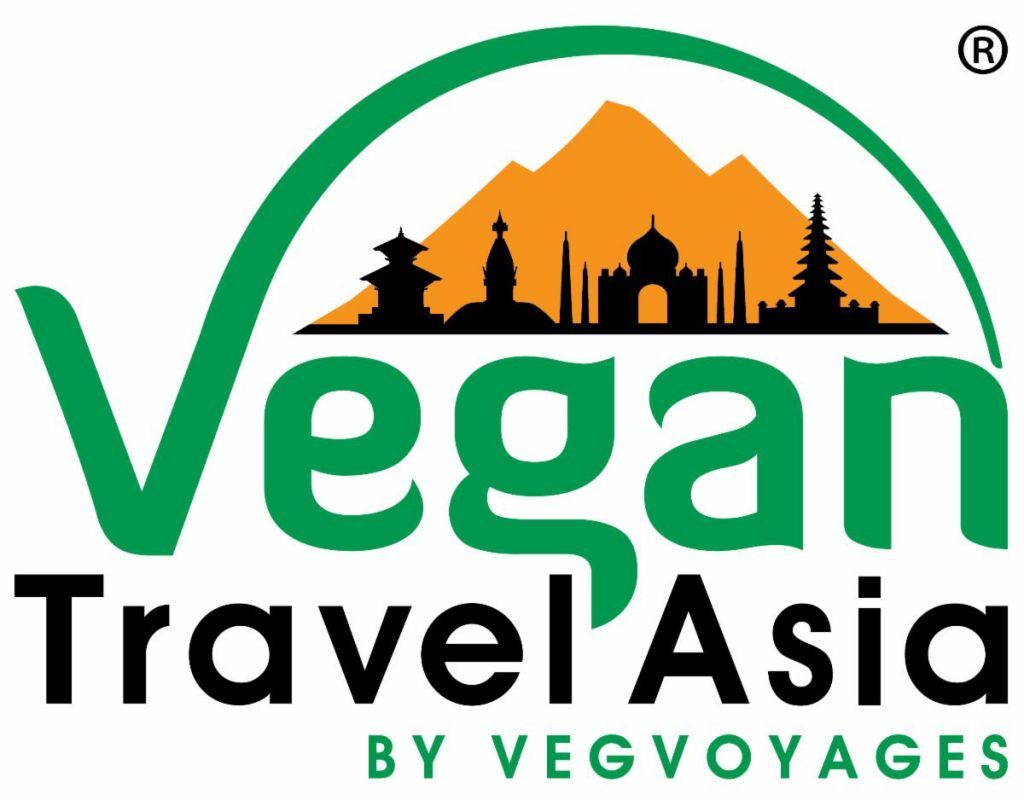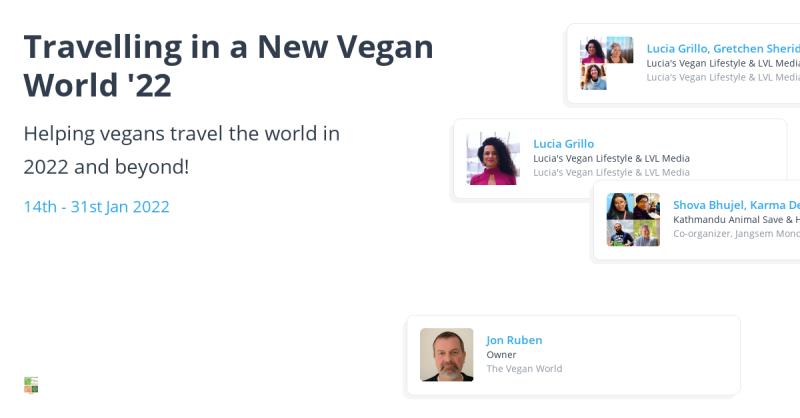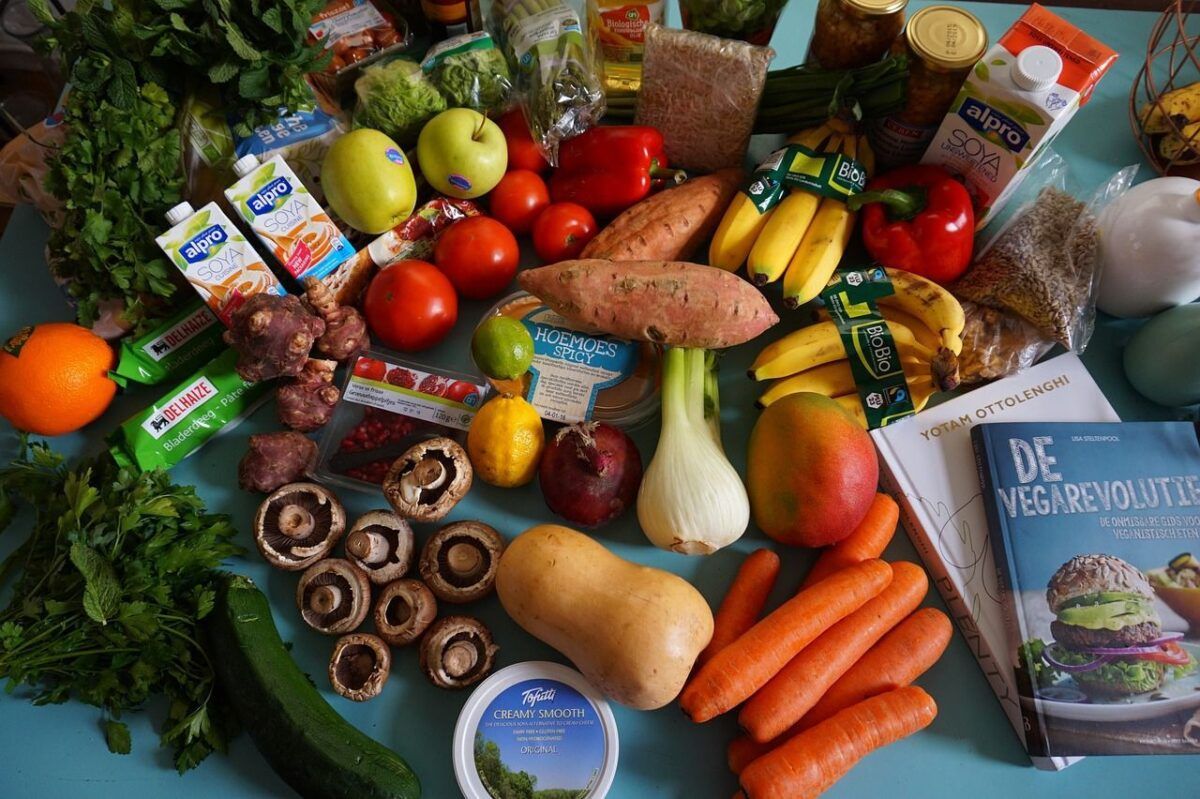With the arrival of World Vegetarian Day on October 1 and World Vegan Day on November 1, the spotlight is on the 15.5 million adults in the U.S. who have embraced a vegetarian or vegan lifestyle.
WalletHub, the renowned personal-finance website, has recently published its report on the best cities for vegans and vegetarians in 2023, coupled with insightful expert commentary.
WalletHub’s meticulous study aimed to identify the most affordable and accommodating cities for those following a plant-based diet. The analysis encompassed the 100 largest cities, evaluated across 17 pivotal indicators of vegan- and vegetarian-friendliness. These indicators spanned aspects such as the availability of meatless options in restaurants, grocery costs for vegetarians, and the density of salad shops.
A Flourishing Plant-Based Movement
Adopting a vegetarian or vegan lifestyle is perceived as a daunting endeavor by many, given the perceived scarcity of meatless options in eateries and stores. However, the landscape is evolving, with an increasing number of establishments, including several fast-food chains, extending their menus to include vegetarian and vegan dishes.
The cost associated with vegetarian or vegan diets is a significant concern for many. Yet, the escalating prices of meat compared to the relatively stable prices of fruits and vegetables make plant-based diets an appealing alternative for Americans. The study reveals that some cities in the U.S. are more progressive, offering a plethora of affordable options for those preferring a herbivorous lifestyle, while others are still catching up.
WalletHub’s comprehensive comparison of the largest U.S. cities revealed intriguing insights into the best and most economical places for plant-based living. The cities were scrutinized based on various metrics including, but not limited to, vegetarian grocery costs, the percentage of restaurants with vegetarian options, and the number of salad shops per capita.
Top 20 Cities for Vegans & Vegetarians
| 1. Portland, OR | 11. Lexington-Fayette, KY | |
| 2. Los Angeles, CA | 12. Tampa, FL | |
| 3. Orlando, FL | 13. Las Vegas, NV | |
| 4. San Diego, CA | 14. Chicago, IL | |
| 5. Phoenix, AZ | 15. Louisville, KY | |
| 6. San Francisco, CA | 16. Fort Wayne, IN | |
| 7. Seattle, WA | 17. Washington, DC | |
| 8. Miami, FL | 18. Irving, TX | |
| 9. Austin, TX | 19. Atlanta, GA | |
| 10. Oakland, CA | 20. St. Louis, MO |
Divergent Dietary Landscapes
Irving, Texas, emerged as a vegetarian haven, boasting the highest percentage of restaurants with vegetarian options at 55.71%, a stark contrast to Laredo, Texas, at a mere 2.31%. Scottsdale, Arizona, is a beacon for vegans, with 15.04% of its restaurants offering vegan options, overshadowing North Las Vegas, Nevada, languishing at 0.82%.
San Francisco is leading in community-supported agriculture programs per population, with a figure of 0.0172, surpassing San Antonio, which has the least at 0.0008. Atlanta is the salad capital, with the most salad shops per population, 0.2865, significantly more than Garland, Texas, with only 0.0202.
Methodical Approach to Plant-Based Paradises
To ascertain the top cities for vegans and vegetarians, WalletHub meticulously analyzed the 100 most populous cities across three crucial dimensions: Affordability, Diversity, Accessibility & Quality, and Vegetarian Lifestyle. These dimensions were assessed using 17 relevant metrics, each graded on a 100-point scale, with 100 denoting the most favorable conditions for plant-based living.

The cities were ranked based on their weighted average across all metrics. The analysis focused solely on the “city proper,” excluding the surrounding cities in the metro area. This rigorous methodology ensures a nuanced understanding of the vegan and vegetarian landscape across the country, highlighting the cities that truly cater to a plant-based lifestyle.
This enlightening study by WalletHub provides a detailed overview of the evolving vegetarian and vegan landscape in the U.S., offering valuable insights for those seeking to explore or deepen their commitment to a plant-based lifestyle. The increasing availability and affordability of vegetarian and vegan options across various cities signify a positive shift towards more inclusive and diverse dietary choices, fostering a healthier and more sustainable living environment for all.









